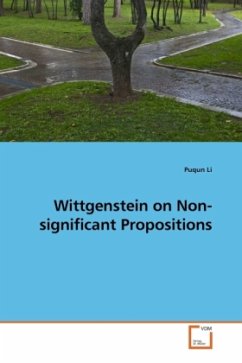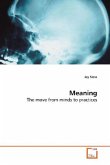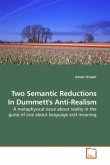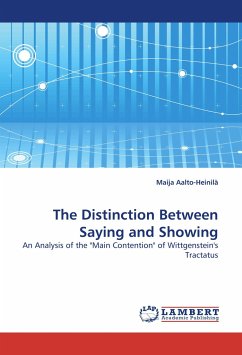This book is a systematic study of Wittgenstein's ideas about non-significant propositions, such as tautologies, mathematical propositions, scientific propositions, scientific laws in the Tractatus, grammatical propositions in the Philosophical Investigations, and Moore-type propositions in On Certainty. I argue that Wittgenstein's ideas about these propositions form a continuous theme running through both the early and later periods of his philosophy. While each group among these propositions is distinctive, they share a feature of "family resemblance" that none of them can be properly called significant, that is, true or false. Wittgenstein sees the conflation of the non- significant propositions with significant propositions as a major source of philosophical illusions, and for him, making clear the distinction between the two kinds of propositions (significant and non-significant propositions) serves as a useful antidote to philosophical illusions.








